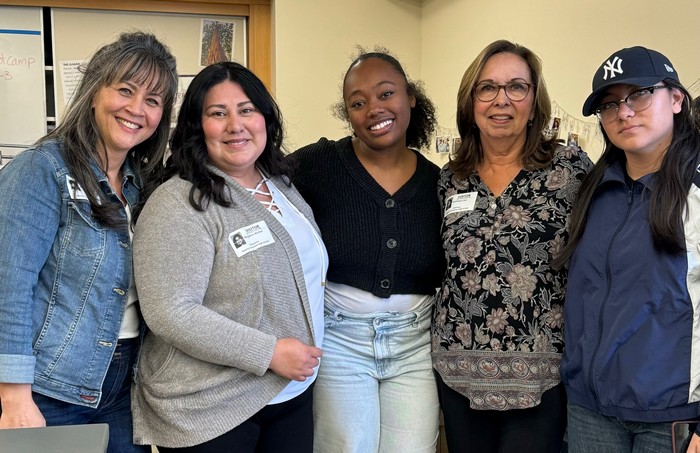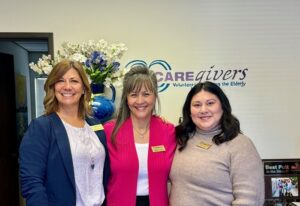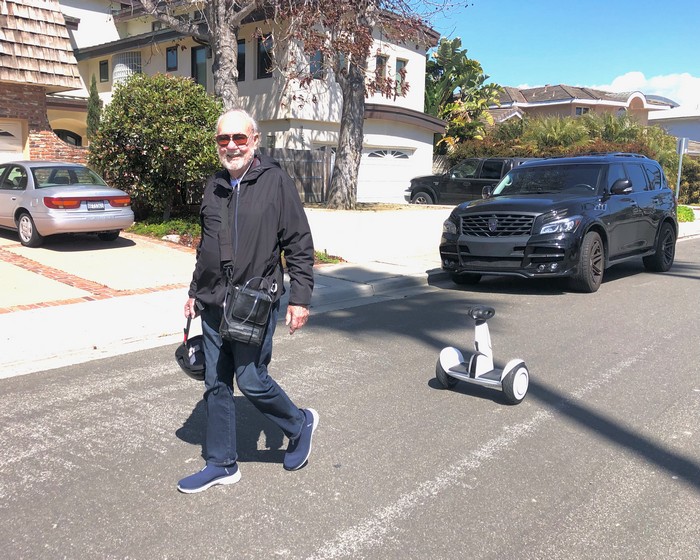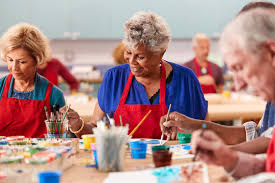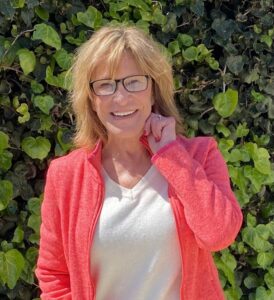Founded in 1984, CAREGIVERS serves hundreds of seniors throughout Ventura County — one of the largest aging populations in the nation. The local nonprofit, a public benefit organization, has a mission to promote the health, well-being, dignity, and independence of frail, homebound elders through one-on-one relationships with trusted volunteers. CAREGIVERS provides non-medical, in-home support services and transportation with a goal of preventing premature placement into board and care facilities and making it possible for elders to continue to live in the comfort and security of their own homes. Examples of assistance that volunteers may provide include cleaning up around the house, such as washing windows, vacuuming, dusting, mopping, yard maintenance, home organization, and much more.
CAREGIVERS programs are carried out by over 300 giving, caring volunteers who are recruited and trained from our local community. Kayla Meza, a student at California State University, Channel Islands, plans to go into the healthcare field and recently completed a semester with CAREGIVERS as part of her service-learning course. “Throughout the semester, I have had the privilege of assisting three seniors, one of whom I have built a great friendship with. One of my seniors has some health conditions that prevent her from doing everyday tasks such as sweeping, mopping, vacuuming, laundry, and cooking. The little help — an hour per week for each of them — that I provide goes a long way for my seniors, and they are always very appreciative of the time I dedicate to them.”
Currently, CAREGIVERS is in great need of additional volunteers. They make every effort to match a carefully screened and trained volunteer to a homebound elder who needs basic assistance and companionship in order to foster a long-term, one-on-one relationship between them. “The organization only asks about 1.5 hours of help per week,” explained Meza. “As of today, Ventura County CAREGIVERS really needs volunteers in Oxnard, Thousand Oaks, and Camarillo. They also have opportunities to serve as Team Leaders to high school volunteers throughout Ventura County. There are many homebound seniors who need assistance, and unfortunately, the number of volunteers cannot keep up with the number of seniors needing help. If you decide to volunteer for Ventura County CAREGIVERS, I promise you will not regret it.”
All Adult Volunteers and Youth Leaders must pass a LiveSCAN background check, which is paid for by CAREGIVERS. To learn more, visit www.vccaregivers.org, email [email protected], or call 805.658.8530.
